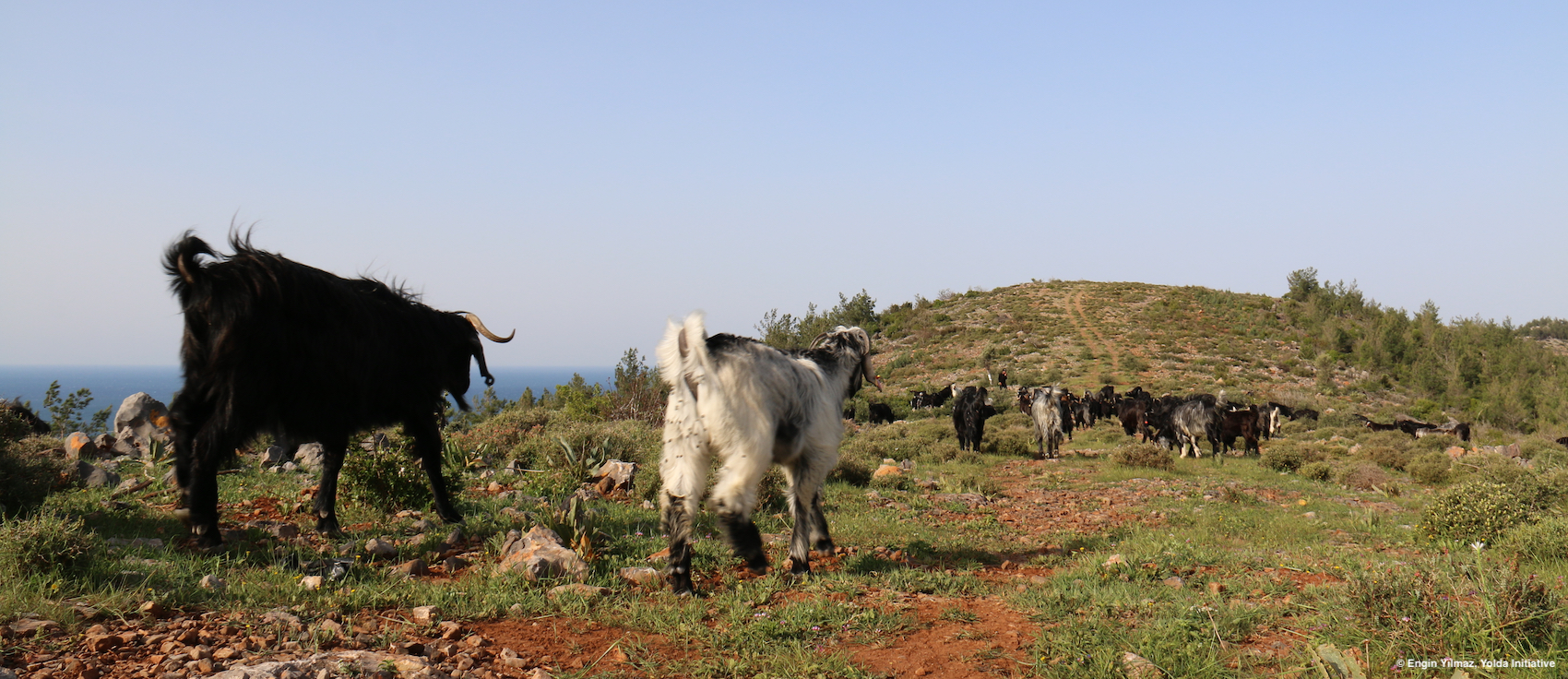We are excited to announce the creation of the Alliance for Mediterranean Nature and Culture (AMNC), a collaborative effort supported by the MAVA Foundation. Over the years, AMNC partners have expanded their capacity, uniting to conserve traditional cultural practices and halt biodiversity loss in the Mediterranean. AMNC believes that nature and culture are deeply interconnected, delivering essential environmental, social, and economic benefits.

Co-creando Conocimiento para la Acción con Pastores Trashumantes en España
El informe examina la relevancia y rentabilidad de la trashumancia en España, desafiando la idea de su desaparición. A través de observaciones y entrevistas con pastores, el estudio muestra cómo el conocimiento trashumante sigue adaptándose al contexto actual, enfrentando retos significativos para su continuidad a largo plazo.

New peer-reviewed article: An economic analysis of transhumance in the Central Spanish Pyrenees
Our peer-reviewed paper “An Economic Analysis of Transhumance in the Central Spanish Pyrenees” by María E. Fernández-Giménez and John Ritten provides the first published analysis comparing the profitability of different livestock systems in this region. The study, part of the Roads Less Travelled global program, shows that transhumance (both on foot and by truck) is more profitable than semi-extensive systems, challenging the common belief that transhumance is a fading practice.

New report: Co-creating Knowledge for Action with Transhumant Herders in Spain
The report “Co-creating Knowledge for Action with Transhumant Herders in Spain” by Yolda Initiative examines the traditional knowledge and realities of contemporary transhumance in Spain through participant observation and interviews. Findings show transhumance remains relevant but faces challenges. The study includes case studies, benefits, challenges, and an economic analysis.

New Report: Mobile Pastoralism in Mediterranean Landscapes
The report “Mobile Pastoralism in Mediterranean Landscapes” by Yolda Initiative for Roads Less Travelled highlights the status of mobile pastoralism in five Mediterranean pilot sites. It addresses how traditional practices, crucial for ecological integrity, face modern threats. The report outlines local efforts and partnerships to conserve these practices.

New report: Mobile Pastoralism and the World Heritage Convention
The report “Mobile Pastoralism and the World Heritage Convention” by Roads Less Travelled Global explores the role of mobile pastoralism in conservation. It introduces the concepts of mobile pastoralism, examines its interaction with World Heritage sites, and provides case studies. The study aims to offer recommendations for integrating pastoralism with conservation efforts.


